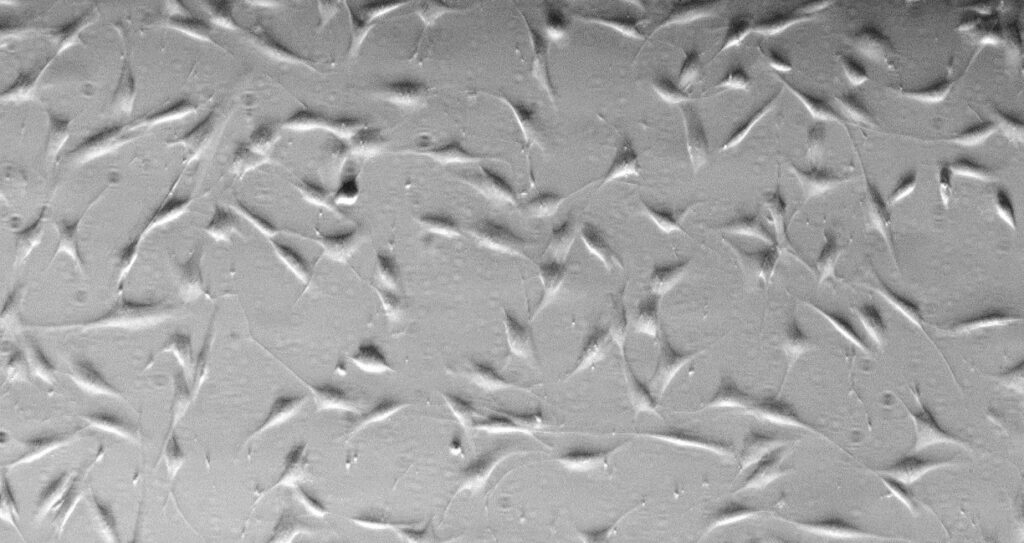
LOS ANGELES — Scientists from Cedars-Sinai have reported research findings that have opened the possibility to a new therapy for COVID-19 patients, a discovery made in a biologic substance created by re-engineered human skin cells.
The substance stopped SARS-CoV-2, the virus that causes COVID-19, from reproducing and protected cells when tested in human lung cells, scientists reported. The research is in the early stages.
The details of the therapy and findings were published in the journal Biomaterials and Biosystems.
“We were surprised to find this potential therapy shuts down a novel pathway for viral replication and also protects infected cells,” Ahmed G. Ibrahim, PhD, MPH, assistant professor in the Smidt Heart Institute at Cedars-Sinai and first author of the study, said in a statement.
The new findings for potential treatment inhibits replication but also protects or repairs tissue, an important step because COVID-19 can cause symptoms that affects patients long after being infected by the virus. Scientists say there are few treatments that exist for COVID-19, and the ones that do exist focus on preventing the virus from replicating.
The therapy was developed by using skin cells called dermal fibroblasts.
Investigators at UCLA collaborated in the study and research.
“Viruses don’t have their own machinery to get into cells, so they use proteins,” Ibrahim said. “We believe targeting ACE proteins is just one way SARS-CoV-2 infiltrates cells, hijacks their genetic information and replicates itself in the body.”
Eduardo Marbán, executive director of the Smidt Heart Institute and the Mark S. Siegel Family Foundation Distinguished Professor at Cedars-Sinai, said the COVID-19 biological therapy is “novel.”
“This potential anti-COVID-19 biological therapy is novel in that it has two facets: It protects infected cells, which remdesivir does not do, and also inhibits viral replication,” Marbán, senior author of the study, said.
Investigators are planning future studies.
Related Articles
Hong Kong puts mass testing on hold as COVID-19 deaths rise
Long Beach’s Midsummer Scream horror convention returns in July
Coronavirus: Orange County reported 281 new cases and 7 more deaths, March 8
California mask mandate: Is it ending too soon for little children?
White House asks Supreme Court to block unvaxxed deployment
